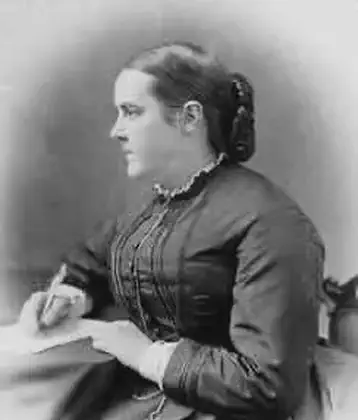On November 12 , 1276 in Celtic History
Edward 1 of england rejects peace offers and launches war on llywelen ap gruffydd

Edward I of England, (reigned 1272-1307) also known as Edward Longshanks, (b June 17,1239, d July 07, 1307) completed the conquest of Wales and temporarily subdued Scotland.
On the accession (1272) of Llywelyn ap Gruffydd, commonly referred to as Llywelyn the Last, refused homage to the English king.
In the English invasion of 1276 he lost all but a small portion of North Wales and submitted to Edward by the Treaty of Aberconwy (1277).
In 1277, Edward invaded Wales with the largest army seen in Britain since 1066. Llywelyn was obliged to submit and to agree to the Treaty of Aberconwy. That permitted him to retain the title of Prince of Wales, but emptied it of meaning by depriving him of the homage of all the major native rulers. His power was restricted to Gwynedd: west of the River Conwy and the king began girding the approaches to Gwynedd: with a chain of powerful castles.
The Treaty of Aberconwy was an agreement signed in 1277 between Llywelyn ap Gruffudd, the Prince of Wales, and King Edward I of England. This treaty marked the conclusion of the First Welsh War (1276-1277), a conflict between the Welsh and the English crown.
The terms of the Treaty of Aberconwy were relatively harsh for Llywelyn and the Welsh. It included provisions such as:
Recognition of English Sovereignty: Llywelyn had to recognize Edward I as his sovereign and pay him homage.
Territorial Losses: Llywelyn had to cede extensive territories to the English crown, including the Perfeddwlad (the inland portion of Gwynedd) and areas in the east.
Marriage Requirement: Llywelyn was required to marry Eleanor, the daughter of Simon de Montfort, a powerful English noble. This marriage was intended to strengthen the English hold over Wales.
Control over Castles: The English crown gained control of several strategically important castles in Wales, reducing Llywelyn’s military and defensive capabilities.
Despite the treaty, tensions between Llywelyn and Edward continued, leading to the outbreak of the Second Welsh War in 1282. This conflict ultimately resulted in Llywelyn’s death and the subsequent conquest of Wales by Edward I. The Treaty of Aberconwy serves as an example of the challenges faced by Welsh rulers in maintaining autonomy against English expansion during this period.
More From This Day



The Edinburgh Seven, Edinburgh University became the first in Britain to allow women to study medicine
November 12, 1869

Hours before his execution, Irish Rebel, Wolf Tone suffers a deep wound in his neck
November 12, 1798
